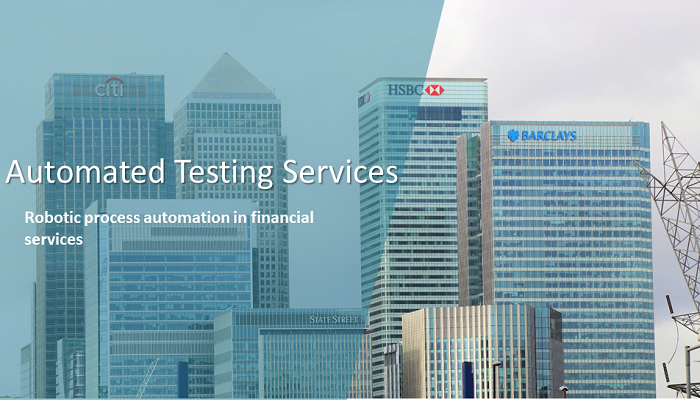
According to a FinTech report conducted in 2017 by PwC, FinTech has emerged as one of the most promising trends of the recent past. Increasing customer expectations, the expansion of venture capital funding, reduced entry barriers, and technology innovations have allowed the FinTech Industry to flourish in every sector. The methods of offering services through traditional firms have not changed much over the years. The rapid-changing industry and busy schedules of individuals have to the forefront many ambiguities in conventional financial systems. On one hand, traditional financial firms believe that their business is at risk due to FinTech start-ups; on the other hand, various traditional firms are partnering with innovative FinTech firms to tap the market. The FinTech ecosystem includes the given financial services areas – Banking, Insurance, Mobile Payments, Investments, Personal Lending, Asset Management, Fund-Raising, Digital Currencies and all these give rise to a function testing ecosystem providing to the customized requirements of this domain.

Manual testing proves to be a slow process to match up with the agility expected from software testing for Financial Institutions. With frequent upgrades to the processes delivered through solutions and apps; it is no easy task to keep the vulnerabilities at bay. The speed, accuracy, and correctness of Test Automation remain the only way out for most of the test processes in the software for financial institutions which have specific traits setting them apart from other domains.
- Intricate Workflows
- Innumerable concurrent sessions
- Multi-tier functional hierarchy
- Integration with other financial solutions
- Requires real time as well as batch processing
- Expects flawless security measures
- Strong audit trails and other audit mechanisms
- Appropriate reporting and dashboards to keep a tab of the ongoing
- Extremely large storages
It is quite clear that a test methodology with an appropriate maturity and meticulousness is of utmost importance for these organizations.
Download Whitepaper: ROLE OF TESTING IN DIGITAL TRANSFORMATION
Types of Testing Advocated for Financial Institutions
Considering the practical situations handled in the situations for software testing services for financial institutes, a comprehensive test strategy taking care of different types of testing, automated as far as possible and where applicable can serve the purpose.
Usability Testing
Since the services of a financial institute, typically a bank can be availed by a diverse customer base, the test strategy should lay a lot of stress on Usability testing and ensure expected behavior even when a non-proficient user makes mistakes.
Security testing
These systems are easily the most vulnerable and are always on the hit list of hackers and malicious activities. Penetration tests and vulnerability checks are the backbones of the test strategy for these applications.
Functional testing
Functional testing for these enterprises needs to make sure that the requirements and specifications for the intricate workflows are in place.
Performance testing
Financial activities have their shares of spikes and low days too. Unaffected performances in the event of a higher number of activities need to be ensured.
Database Testing
Keeping the data safe by ensuring data integrity and data validations are of highest importance for any system, especially financial institutions. Rules need to be followed during data migration and data exchanges over communication channels as well.
Security is one of the most important aspects requiring testing in a FinTech application. Financial data used by applications contain sensitive information that can be misused by hackers and malicious software. As such, security testing, including penetration and vulnerability checks, is important.
Data safety, data integrity, and data validation is important for any system but is especially essential for financial systems. During data migration and data exchanges over communication channels, proper procedures and rules regarding tables and records must be followed.
Download Whitepaper: Automated Testing for Mobility
ConclusionFinTech applications are implemented to increase both the reach and ease of business. Applications have to be user-friendly so that any user is able to operate it. Consequently, this requires usability testing with the help of real users. Furthermore, functional testing ought to be an integral part of test strategy given that applications interact with many other applications. Mobility, Security, Load and stress capabilities for applications should also be checked.
More Related Blog

Automation Framework Is as Important as Tools
In today’s highly competitive IT landscape, test automation e-bike has come to the forefront as it helps ensure quality and faster time to reach market. With Agile and DevOps giving a huge boost to test automation for continuous delivery, companies … Continue reading "Automated Testing Services – Streamlining the FinTech operations with Agility"...
Read More